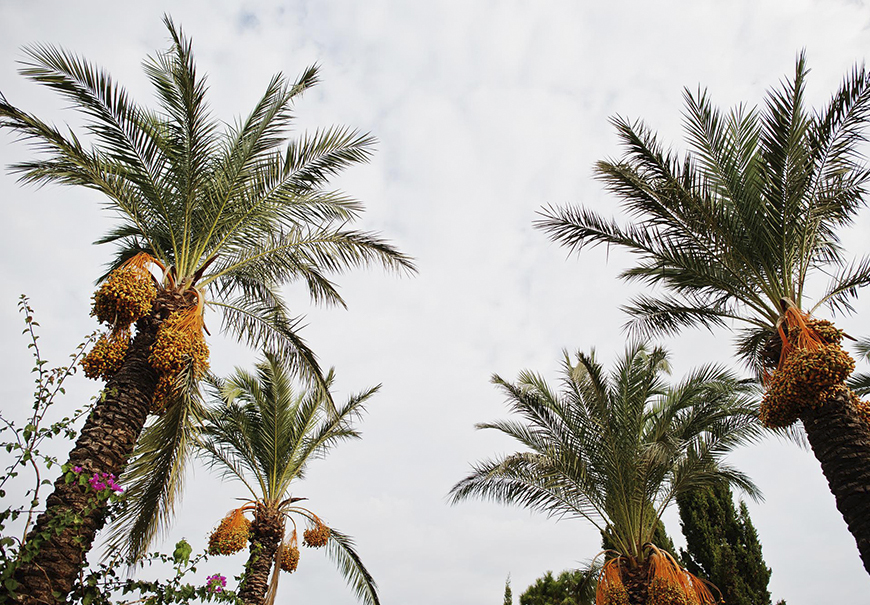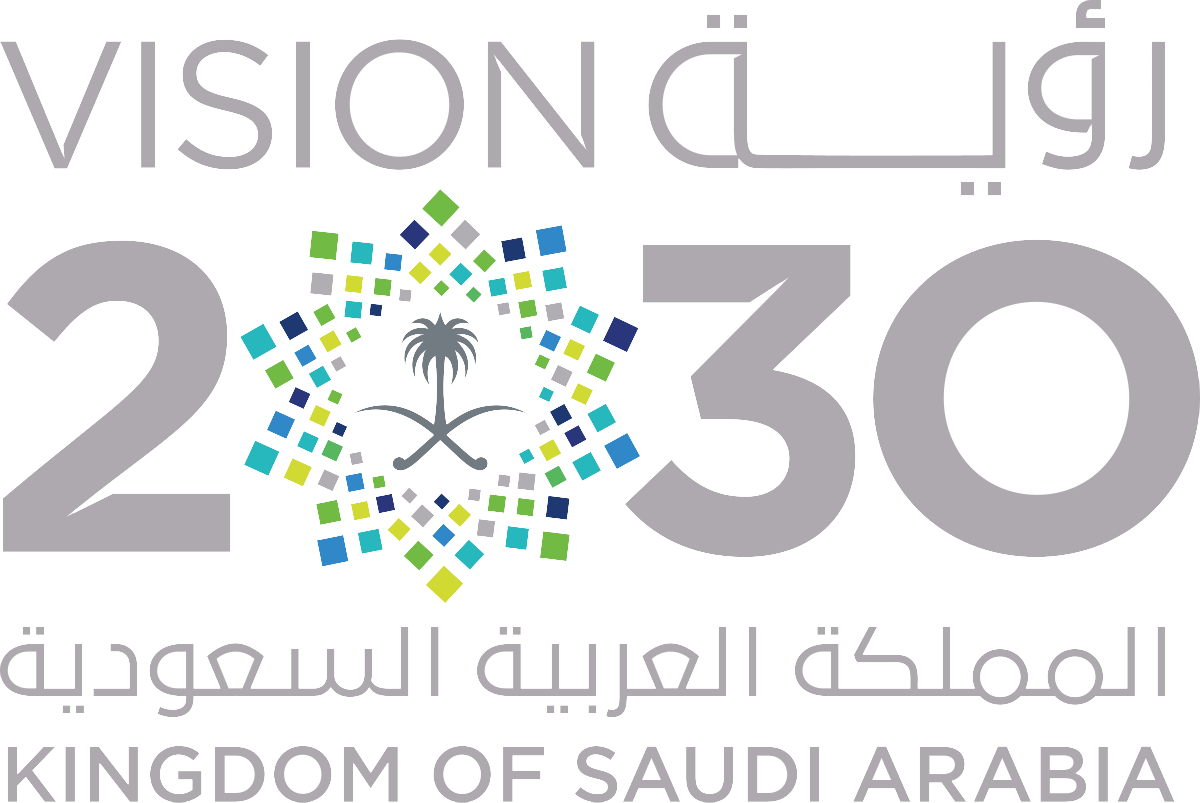Date Production in Saudi Arabia: Harvesting the Fruit of the Desert

Date Production in Saudi Arabia:
Harvesting the Fruit of the Desert Date production has long been a vital part of Saudi Arabia's agricultural economy. Dates,
known locally as "Tamr", are not only a staple food item in the Middle East, but also a cultural symbol of the region's rich history. Saudi Arabia has emerged as a significant player in the global date market, owing to the vast expanse of its fertile lands, especially in the Eastern Province where most of the date palm groves are concentrated. The date palms in Saudi Arabia are generally cultivated using the "nursery-garden" method, which involves nurturing saplings in controlled environments before they are transplanted into agricultural lands.
Dates are categorized into numerous varieties, based on their appearance, taste, and texture, with the likes of Khalas, Sukkari, and Barhee being quite popular. Saudi Arabia's favorable climate and rich soil are ideal for cultivating date palm trees. Harvesting these dates, often referred to as "the fruit of the desert," is typically carried out manually by skilled date pickers, who meticulously pluck the ripe dates from the trees.
These skilled workers employ techniques that allow them to differentiate between the ripe and unripe dates, thereby ensuring that only the perfectly ripened fruits are harvested. This careful selection is critical as dates continue to ripen even after they have been picked from the tree. Moreover, the overripe dates are susceptible to spoilage, while the underripe ones contain high levels of tannin, which lends a bitter taste to the final product. Thus, these pickers' keen eye is a crucial component in the entire date production process. The harvesting process begins as early as September, with dates reaching their peak ripeness by November or December.
Following harvest, the dates are transferred to processing units where they undergo a stringent quality inspection. Any fruit that does not meet the rigorous quality standards is discarded immediately. Post-quality check, the dates are transported to state-of-the-art factories equipped with advanced date processing machinery. These machines perform various tasks including washing, sizing, drying, packaging, and storage of the dates.
The technology employed in these factories allows for the processing of large volumes of dates within a short time span, enhancing the country's capability to meet international demands. Saudi Arabia is known for producing high-quality dates that have made their way into the markets of several nations worldwide. However, the potential of the industry remains untapped, with several sectors of the population still involved in traditional small-scale date farming. Therefore, there lies an opportunity to harness and enhance the use of modern farming techniques and advanced machinery to streamline the harvesting process.
This could potentially help boost the Saudi date industry on a global level, contributing towards food security both domestically and internationally. Furthermore, the increased economic benefits could translate into improved standards of living for those involved in date farming.
The Saudi date production story is a fine blend of cultural tradition and contemporary farming practices, and it demonstrates the versatility and resilience of this time-honored fruit. So, the next time you indulge in the sweet, delectable delight of a Saudi date, you might just think about the remarkable journey it's taken – from the depths of a Saudi Arabian desert to the palm of your hand. In summary, Saudi Arabia's date production is an exemplary integration of tradition, innovation, and hard work, leading to high-quality fruit being harvested from the very heart of the desert. Despite the challenges it faces, this industry continues to flourish and hold promise, providing a strong foundation for growth and prosperity.




